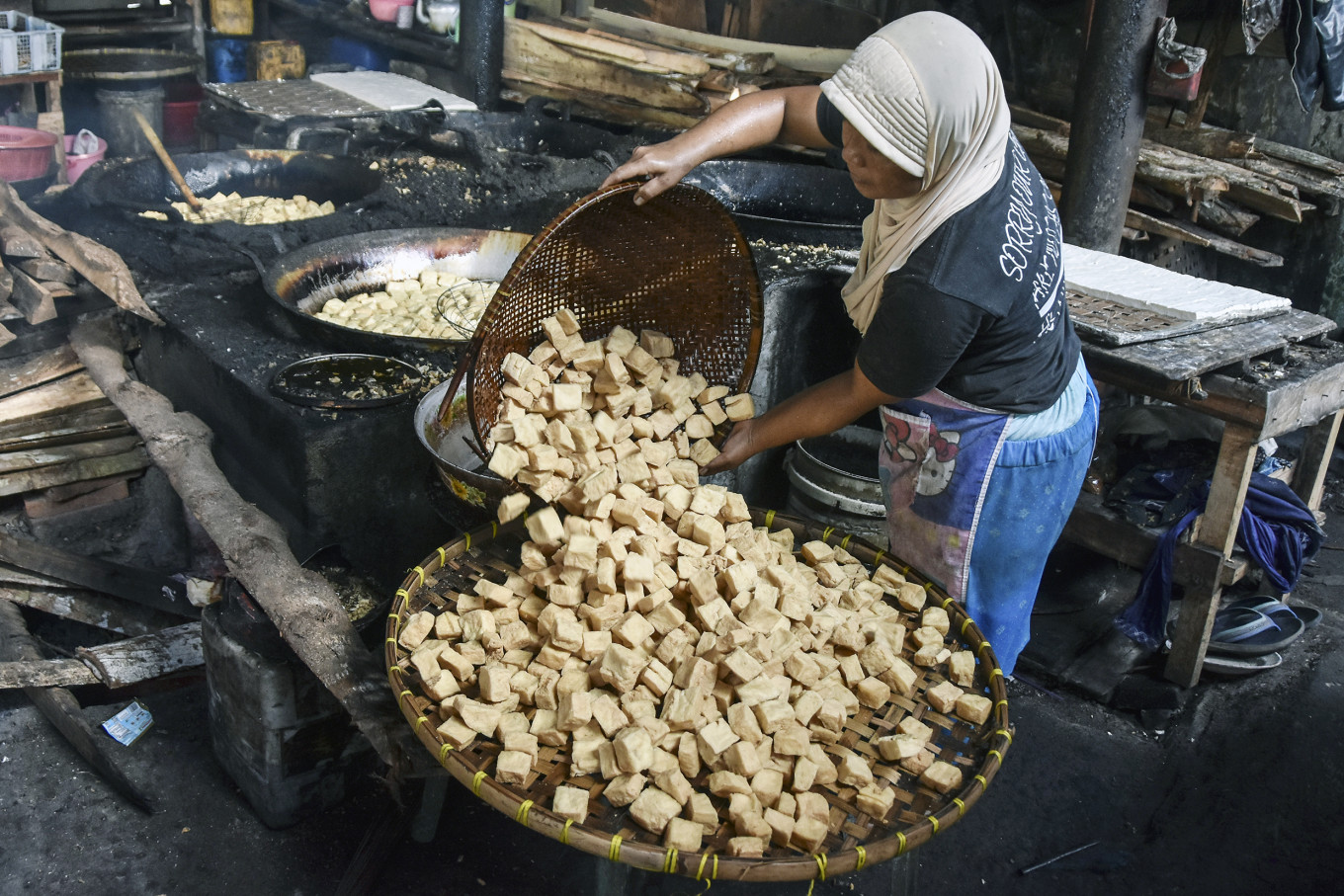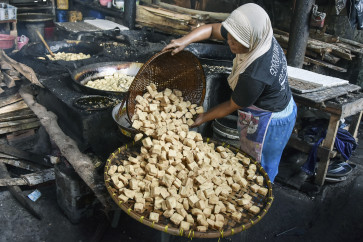Popular Reads
Top Results
Can't find what you're looking for?
View all search resultsPopular Reads
Top Results
Can't find what you're looking for?
View all search resultsAccelerating growth through industrialization of rural informal sector
A well-designed and implemented rural industrial policy has the potential to contribute as much as two percentage points to annual GDP growth.
Change text size
Gift Premium Articles
to Anyone
I
n Rote Ndao, a remote island in East Nusa Tenggara, Mama Metri’s women’s cooperative, Ita Esa, now sells their signature product, minano soap, both domestically and in overseas markets. With targeted training and investments, the group has advanced the community economy and proven how strategic support can unlock growth in rural enterprises.
Her story inspires millions across the archipelago, where a staggering 59 percent of the workforce, according to Statistics Indonesia (BPS), operates in the informal sector contributing about 36 percent of GDP.
By any measure, the informal sector is not marginal to Indonesia's economy; it is the economy. Over 71 percent of the rural workers are informal, concentrated in the agriculture sector and in low-skilled services like retail and hospitality.
Akin to other developing economies in the region, informal businesses in the country are typically small-scale, low skilled, operating below formal sector productivity and facing challenges such as low wages, lack of social protection, limited access to finance and higher levels of poverty.
To achieve the national target of 8 percent growth by 2029, Indonesia must rethink its strategic approach to the informal sector. A well-designed and implemented rural industrial policy, focusing on sectors such as agro-processing, light manufacturing (ceramics, construction materials, agricultural machineries, fertilizers) and downstream processing (palm oil, coffee, cacao etc) has the potential to contribute as much as two percentage points to annual GDP growth.
Linking informal businesses to national value chains aligned with the broader development priorities can accelerate growth through non-farm jobs, productivity gains and inclusive growth.
Conventional wisdom suggests that the sheer breadth of the informal sector holds back economic development, yet historical evidence tells a different story of the role of rural industrialization in supporting broader economic transformation.



















